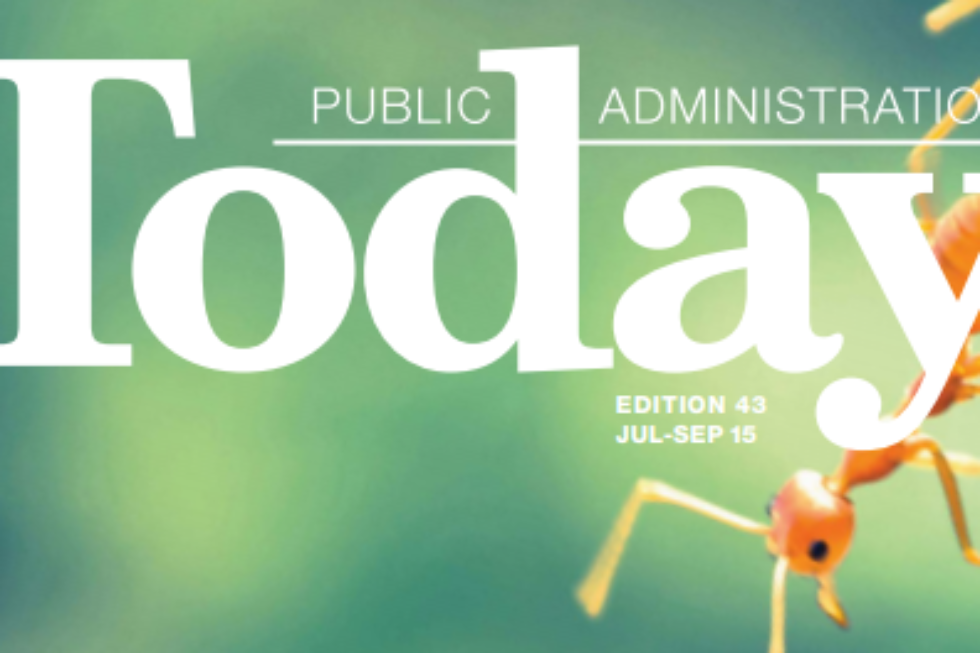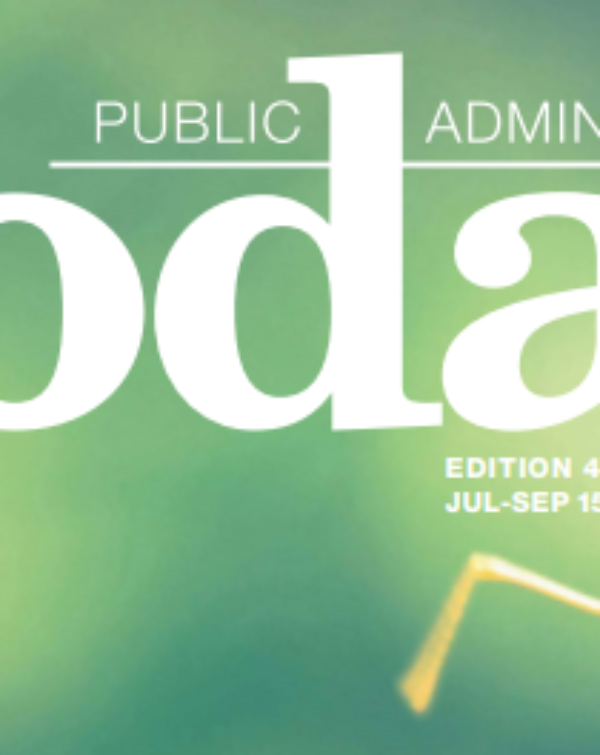The work of a team of researchers from Edith Cowan University on innovative work behaviour in the public sector has been published in the March 2020 Issue of the Australian Journal of Public Administration.
Successive Australian governments have placed a high importance on innovation since the mid-2000s. However, the majority of research on organisational innovation is from the United States and Europe (see, for instance, the work of Anderson, Potočnik and Zhou, 2014). This new research by Dr Yuliani Suseno, Professor Craig Standing, Associate Professor Denise Gengatharen and Dr Diep Nguyen from the School of Business and Law at Edith Cowan University, helps correct this imbalance through the study of a large Australian public sector organisation.
Innovation work behaviour has been defined as the ‘behaviour directed towards the initiation and application… of new and useful ideas, processes, products or procedures’ (see De Jong and Den Hartog, 2007).
It has further been described by Scott and Bruce (1994) as a three-stage process:
READ THE FULL ARTICLE AND ACCESS THE RESEARCH PAPERS THROUGH THE IPAA NATIONAL WEBSITE
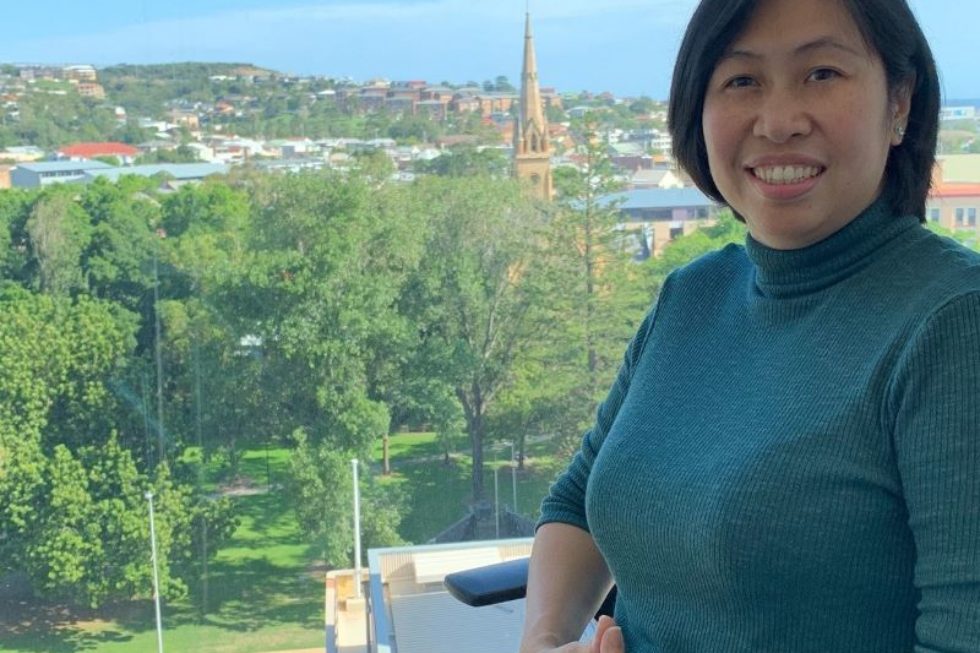

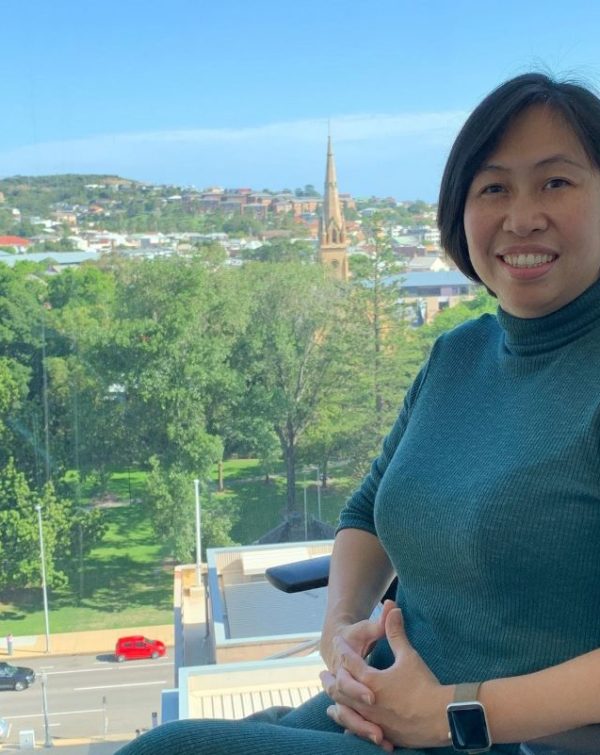
A normal reaction to a really abnormal situation…
As the COVID-19 pandemic unfolds, including 24/7 news reports, travel restrictions, working from home, pending social isolation logistics and concerns for your own and your loved ones’ health, it is totally normal to experience a wide range of thoughts, feelings and reactions. Everyone reacts differently to times of stress and it’s important to recognise some of the signs and occurrences that you, your family or team members may experience during this time, as well as how to cope with them.
Human Psychology have provided us with 10 helpful strategies to combat stress and anxiety.
You can read and download the tip sheet here.



Anxiety and psychological distress are on the rise as our workforce adapts to the COVID-19 pandemic. More so than ever now is a time for leaders to shine through to guide and support their teams through these challenging times. Some leaders more so than others are better equipped to manage their staff virtually, but as most organisations don’t educate leaders on this area, many will struggle to adapt and find their feet in this new world.
Leadership during a pandemic is new and untested, where we are learning on the fly what does and does not work to manage staff in the virtual world. Human Psyhcology have shared with us essential advice for managers and team leaders in helping their team adapt. This includes;
You can read and download the full tip sheet here.



We know how important it is to care for the mental health of your team and colleagues during challenging times, however we cannot understate the importance of caring for the mental wellbeing of family members. With social isolation, families, whether living in the same household, or split over distance undergo significant stress and challenges in adapting to the COVID-19 pandemic. Our friends at Human Psychology have shared with us some of the best advice for parents and families to cope with the new stresses of recent times.
There is a common misconception that talking with children and young people about a topic such as COVID-19 may increase anxiety. However, research suggests it may have the opposite effect. For children not having information is scary and many children will fill in the blanks with their own imagination-often imagining something far worse than the truth. Older children may take to the internet and social media for their answers, which can sometimes become overwhelming or misleading.
Download the full Parent Tip Sheet here
Times are very uncertain at the moment and many people are being asked to make lifestyle changes to help society work through COVID-19. For many of us, these changes include working from home and restricting the amount of time we spend socially interacting.
Social isolation can pose various challenges for our mental health. As social beings, we need social interaction and connectedness. Spending time isolated by ourselves limits the positive distractions available to us to dilute the amount of time we might stress over COVID-19.
Download the full Tip Sheet here, to find advice, ideas and inspiration for coping with Home Isolation



The Australian Mental Health Commission has launched a new initiative in response to the COVID-19 situation, as Australians are impacted by this challenging and unprecedented time. The #InThisTogether initiative is a national conversation that will help you access and share practical tips on how to support the mental health and wellbeing of yourself, family and co-workers. To join in this national conversation you can follow the hashtag #InThisTogether across social media, along with video segments providing advice and tips.
The Mental Health Commission website offers a range of further support materials and information, as well as social media tiles to help you and your department take part in the conversation.
We encourage you to check in with yourself and others during this challenging time, and seek support when you need it. If you need to talk, these free support lines are here to listen 24/7:
Lifeline 13 11 14
Beyond Blue 1300 22 4636
Kids Helpline 1800 55 1800
Or visit www.headtohealth.gov.au the digital mental health portal for more resources and support options.
Last week IPAA SA President and Commissioner for Public Sector Employment, Erma Ranieri, was the first guest for On the Couch – our first virtual instalment in this series. PwC Partner, Marcus Catchpole led the discussion on current advice to South Australian public sector employees and the unique role of Commissioner Ranieri and her office in this unprecedented time.
The opening discussion focused on the role of the Commissioner for Public Sector Employment during a global pandemic. Commissioner Ranieri highlighted the role is constantly evolving as this type of event has not been seen in recent times. The Commissioner views her role as setting and clarifying employment arrangements for public sector employees and planning the workforce response to directions from the State and Federal governments. This includes deciding how self-isolating and social distancing practices can be implemented across the sector and what this will look like for public sector staff.
The Commissioner said her office is also a point of information and communiciation, where public sector employees can access current advice for associated leave entitlements and working arrangements, under the current pandemic situation.
The ‘Commissioner’s Determination 3.1’ is currently the best place to find the latest advice on leave including COVID-19 leave. The Commissioner stressed the importance of employees familiarising themselves with these documents and being aware of what’s expected of them and how the conditions of their employment have adapted to meet new changes and challenges.
The continually evolving COVID-19 situation and response was also explored, as the Commissioner shared her hope for flattening the curve of infections and continuing to be able to support and implement measures across the public sector to assist in this respect.
In the event of a critical proportion of the state public sector workforce becoming unavailable, Commissioner Ranieri outlined the role of her office in mobilising the whole of workforce to respond effectively and to move people and capabilities around where they are most needed.
Mr Catchpole asked about some of the less obvious roles that the public sector plays in this situation. Commissioner Ranieri explained that the public sector is a huge portion of the SA workforce and that the roles everyone will play are varied from critical frontline services such as doctors and nurses – to the people behind them, supporting them in being able to deliver these vital services. She said this includes a wide breadth of employees; from those ordering medical equipment – to those in Shared Services and SuperSA – ensuring that employees are paid. The Commissioner highlighted the importance of balancing the support for both front line, and behind-the-scenes services to ensure continuity to serve the community.
Above all, the Commissioner praised the response of all public sector employees in facing this challenging situation, emphasising the importance of continuing to care for one another in the workplace, even in the form of a phone call or video chat. Commissioner Ranieri shared that everyone is worried about vulnerable members of the family but that “we are all in this together.”
You can view the full interview below as the Commissioner answers further audience questions and expands on the evolving situation.
Disclaimer: This is an unedited transcript of the discussion.
Resources
For the latest information and resources please view the OCPSE website.
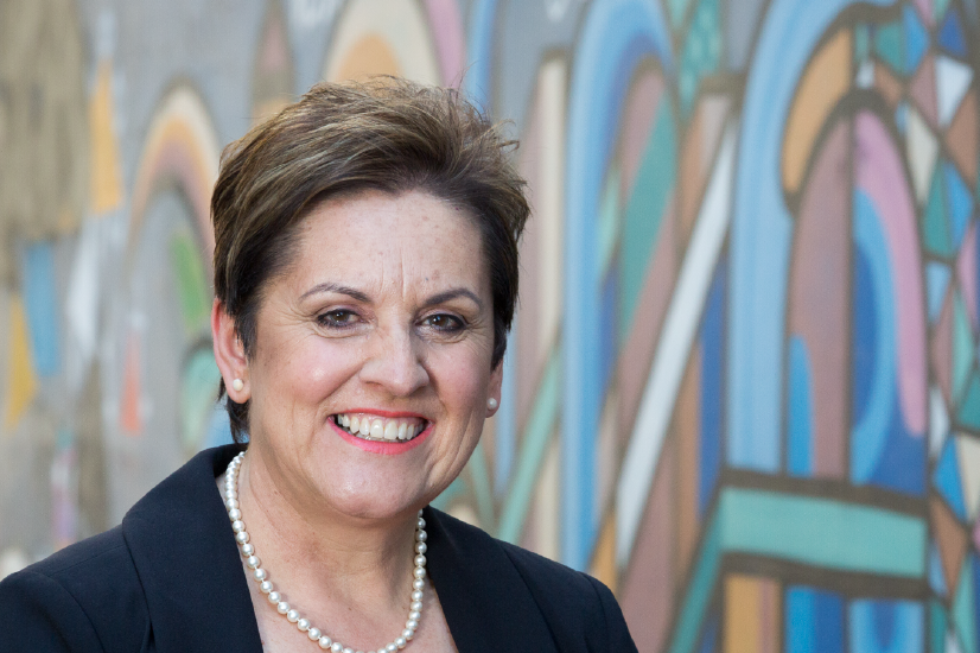
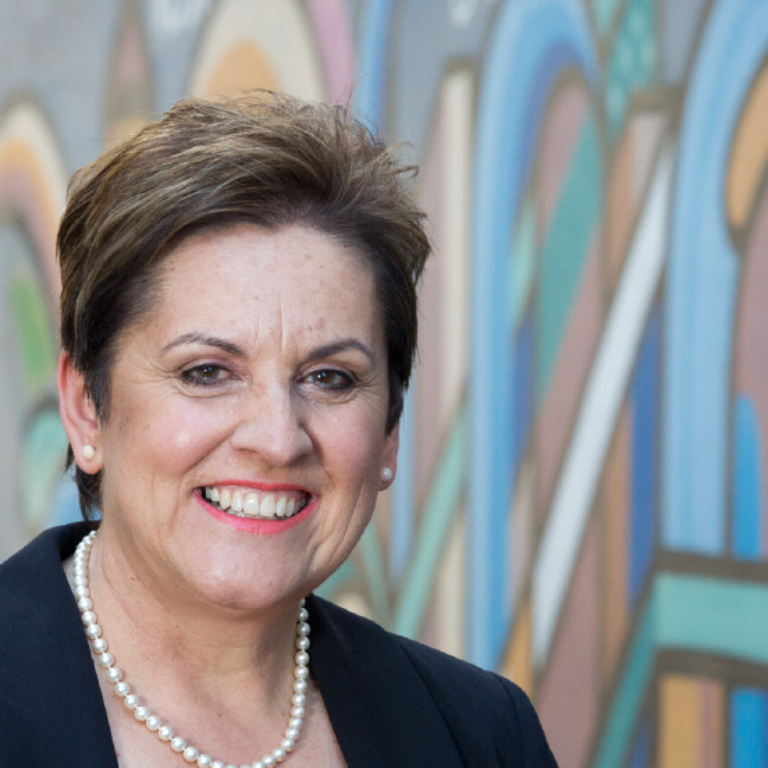
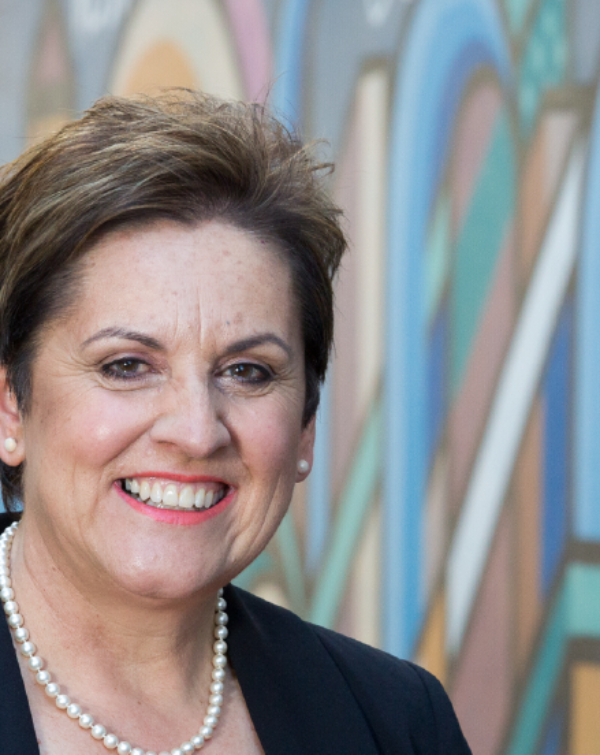
A new initiative to bridge the gap between the research work of academics and the policy work of public servants was announced yesterday by ANZSOG Dean and CEO Ken Smith who said that public sector leaders needed access to research evidence when developing policy.
‘In these times of uncertainty, evidence-based policy and decision-making are more vital than ever.’
‘However, too often researchers lament that the public service ignores their work, while public servants say academic research is not timely or applied to their day-to-day challenges. The Bridge will make vital research available in an accessible format.’
The Bridge is distributed by ANZSOG each fortnight by email. It centres around a Research Brief which distills academic research into an easy-to-read format and will be complemented by other insights into public policy and management.
The Bridge is compiled and curated by Maria Katsonis — a former senior Victorian public servant with more than 20 years’ experience, who is now a Public Policy Fellow at the University of Melbourne. She was previously the curator of The Drop — a joint project between ANZSOG and The Mandarin. Maria is also one of the editors of the Australian Journal of Public Administration.
Anyone interested in reading The Bridge can subscribe to it on the ANSZOG website.
To learn more about other opportunities and resources you can also visit the IPAA National website.
Pictured: Professor Ken Smith, ANZSOG Dean and CEO
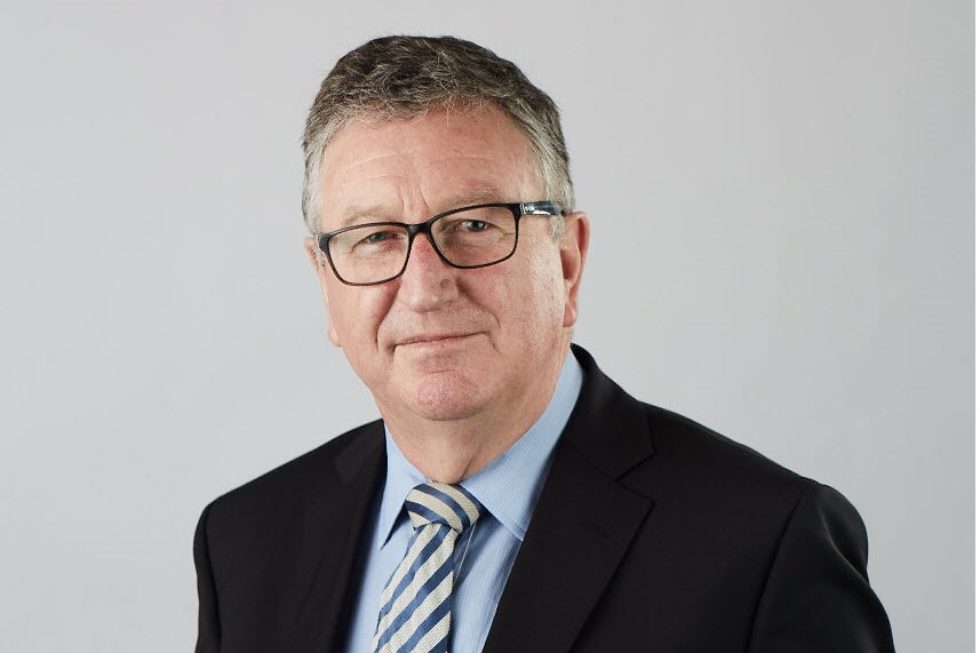


The Australian Journal of Public Administration is the go-to resource for the latest research in public administration.
Over recent years the three most download articles from past editions of the journal were:
Professor John Phillimore of Curtin University was delighted to hear that his 2013 article continues to be read widely by a public sector audience seven years on from when it was first published:
‘I think it highlights the enduring relevance of having a good understanding of intergovernmental relations in Australia — now probably more so than ever with the season of bushfires we’ve just experienced, and with coronavirus on top of that.’
The AJPA is freely accessible to all IPAA members via a dedicated portal on the national IPAA website or via an AJPA app. It is the journal of record on public administration, public management and public policy in Australia and has been in continuous circulation since 1937.
Read more on the AJPA on the IPAA National website.
Pictured: Professor John Phillimore — author of the Australian Journal of Public Administration’s most downloaded paper in 2019.
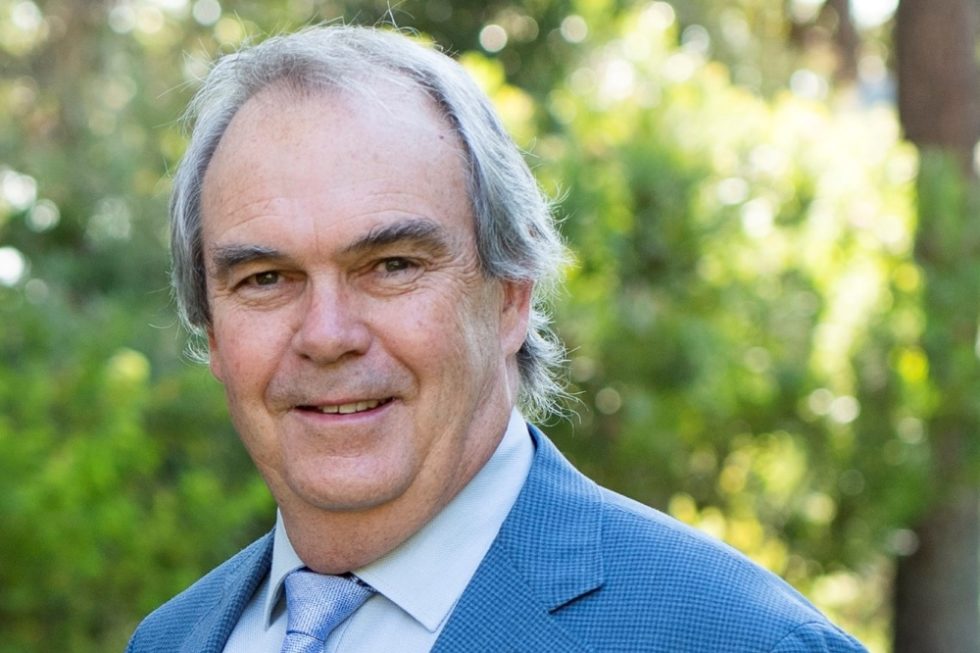
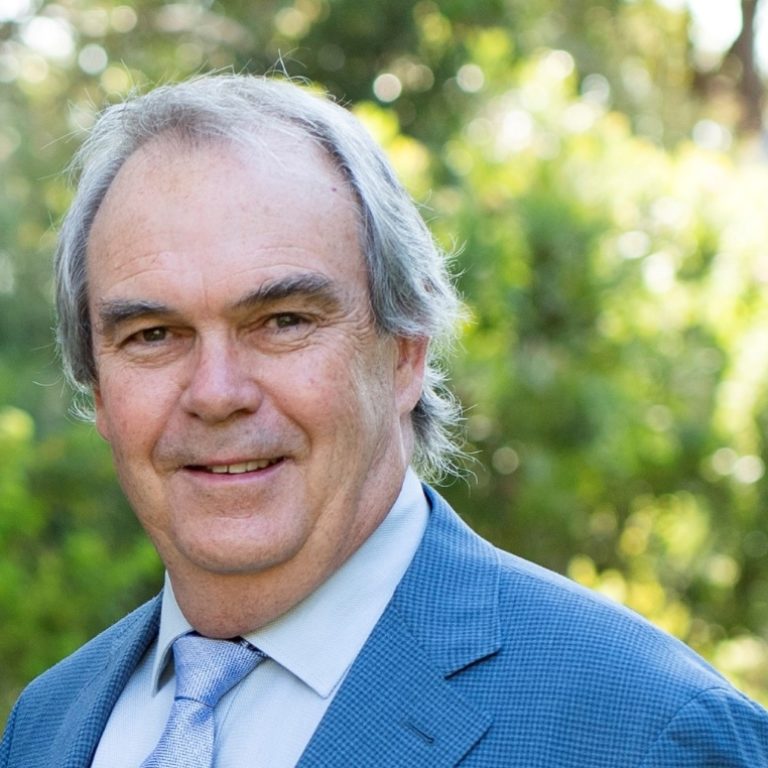
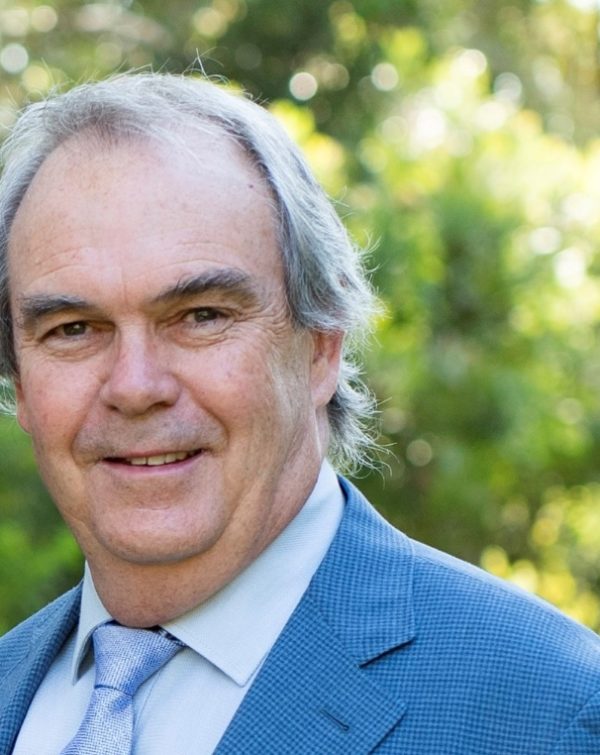
A group of New Zealand researchers have examined how paradoxical leadership contributes to public administration employee resilience.
Dr Esme Franken and Dr Geoff Plimmer from the Victoria University of Wellington, and Associate Professor Sanna Malinen from the University of Canterbury, surveyed a cross section of staff at a large public organisation in New Zealand. They chose it because the organisation itself faced many paradoxes — it had a complex mix of policy, regulatory, service and development functions and was frequently engaged in demanding public controversies. In a volatile, uncertain, complex and ambiguous world, public sector employees are required to balance multiple and often contradictory objectives. These objectives can be viewed as paradoxes, where two opposites coexist.
Their research findings were recently published in the March 2020 issue of the Australian Journal of Public Administration.
IPAA members can access the entire back catalogue of the Australian Journal of Public Administration as part of their member benefits.
The paper referenced in this blog — Paradoxical leadership in public sector organisations: Its role in fostering employee resilience — can also be accessed free of charge by the wider public sector community until the 30 April 2020.
Continue
‘Paradoxical Leadership’ is defined as the ability to balance competing structural and relational demands over time.
Research suggests that paradoxical leadership behaviours have five facets.
Continue reading this article in full on the IPAA National website



Public Administration Today (Today) was a quarterly publication for IPAA members, which served as a national communications medium for all IPAA members. It aimed to report IPAA activities, promote and celebrate achievements in Australian public sector management, disseminate information about major trends and developments, and facilitate discussion and debate.
The magazine was published by IPAA ACT on behalf of IPAA National, with a circulation of approximately 5,000 as at 2015.
In June 2015 it was determined that IPAA would cease the publication of Public Administration Today. As a result of falling circulation nationally and increasing costs, it was no longer a financially viable proposition. Edition 43 was the final, covering the period July to September 2015. IPAA ACT wishes to thank the many contributors to the magazine, with a special mention for Mr Ron Dent, the editor for the four final years of the publication.
The four most recent editions are accessible below, with previous editions available by contacting IPAA ACT on 02 6154 9800.
